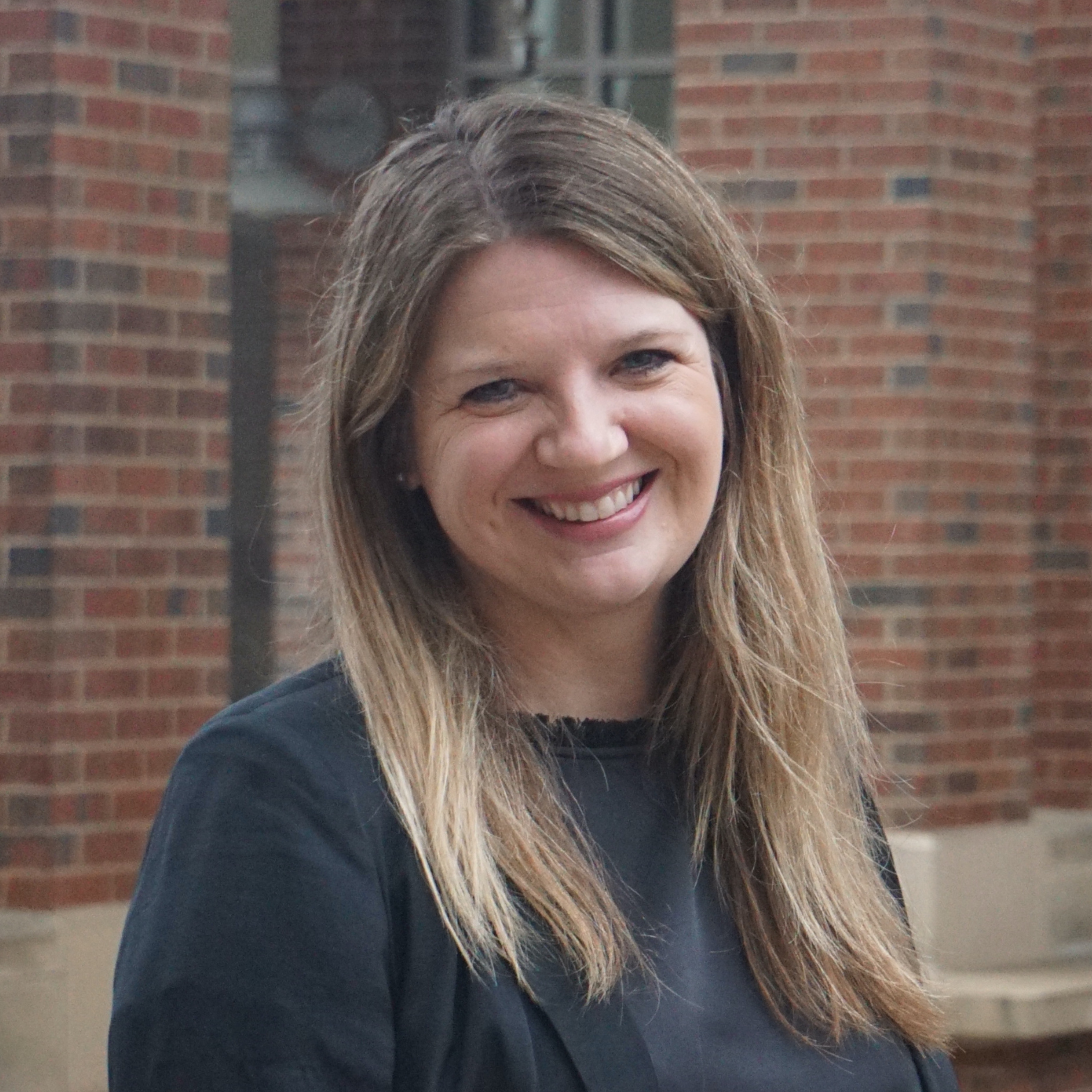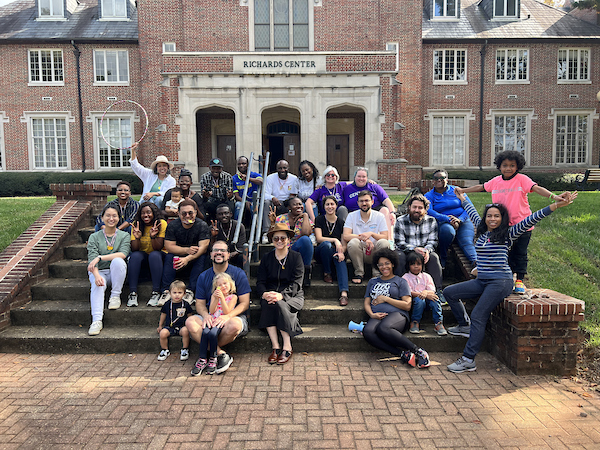Default Image
Join Us
Welcome! We’re so glad you’re exploring what Columbia has to offer. We hope you’ll take your time as you read about our faculty, learn about our degree programs, and peruse our course offerings. We also hope you’ll reach out to our team so we can learn more about how the Spirit is at work in your life and discern together if a degree program at Columbia might be the next faithful step for you.
As you may or may not know, a common misconception about seminary is that it only trains people to be pastors in a church. While we remain committed to our mission to prepare people for transformational ministry, we are acutely aware that that happens both in and outside a church.
We at Columbia Theological Seminary want to identify the next generation of Christian leaders: those who feel called to preach the gospel from the pulpit and the public square and from inside their classrooms and their homes. Believing all theology is practical, one of the many benefits of a theological education is that it equips you to articulate what you believe and recognize all the implications of those beliefs for how you live.
So, whether you are exploring congregational ministry or campus ministry, you are a youth worker or a social worker, you seek to be a teacher or a scholar, you want to be an attorney, banker, or doctor, we hope you will come to our campus, visit one of our classes, worship with our community, and consider for yourself all the ways a theological education could benefit you and everyone around you.
We’d love to see you here.
With prayers for your discernment and so much hope for all that lies ahead,
Rev. Ann Henley Nicholson, Vice President for Enrollment Management and Vocational Outreach

Start Your Journey
Hear from our President, Rev. Dr. Victor Aloyo, about being called to ministry and why you should consider Columbia Theological Seminary.
Our 2026 application for all degree programs is live, and you can easily apply here. As you complete your application, please keep these deadlines in mind:
*If you are a permanent resident or currently reside in the US on an existing visa, you can apply until April 15th.
In the meantime, we encourage you to download the application checklist to see what you need to submit for each degree program. To learn more about our degree programs, visit our academics page.
If you have any questions, please email us at admissions@ctsnet.edu. We can’t wait to connect with you!

A global community of hospitality, justice, and belonging
At Columbia Theological Seminary, you are not alone in discerning and wrestling with your call. We’d love to hear from you and get to know you better as together, we consider whether Columbia could be a place you call home.
More Aid, Less Stress
We at Columbia are guided by an ethic of equity, access, and flourishing. As part of that commitment, every student admitted to the MDiv, MAPT, MATS, Dual MDiv/MAPT, or ThM programs who are enrolled full-time (9 credits or more per semester) receive 100% tuition coverage.
In addition to trying our cost calculator below, we encourage you to visit our financial aid page to learn more about making your theological education as affordable and stress-free as possible.
The Student Experience
Who better to ask than our students themselves? Click below to hear from recent graduates about their experiences at Columbia.
Learn More
August 2, 2025 | News
Learn More
April 23, 2025 | News
Learn More
April 21, 2025 | Faculty
Learn More